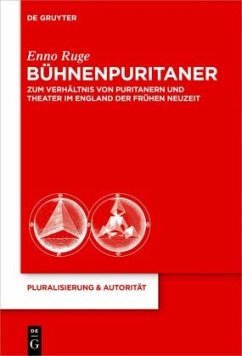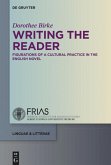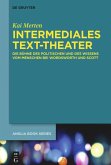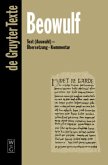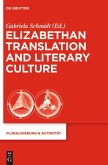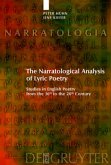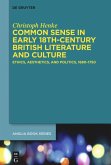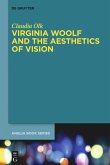The aim of this study is a revision of the hitherto prevailing conceptions of the relationship between the Puritans and the theater in England during the Early Modern Age in several fields of research. The study focuses on representations of the Puritans in drama and correlates them to other text evidence (such as sermons, pamphlets, petitions, letters and autobiographical documents). Instead of the still current reductive, dichotomous picture of the opposition of players and Puritans, a dynamic process of reciprocal dependencies and exchange becomes visible. The study reveals a historically variable mesh of relationships between two groups which laid claim to rivaling authority in an urban cultural space characterized by increasingly pluralistic tendencies. One main hypothesis of the study is that the direct coexistence of the Puritans and theater people in London was constitutive for the development of the new entertainment medium as well as for the contouring and even the formation of a special Puritan identity.
Ziel dieser Studie ist eine Revision der bislang vorherrschenden Auffassungen vom Verhältnis zwischen Puritanern und Theater im England der Frühen Neuzeit auf mehreren Untersuchungsfeldern. Es werden Repräsentationen von Puritanern im Drama erfasst und in der Weise mit anderen Textzeugnissen (wie Predigten, Pamphleten, Petitionen, Briefen und autobiographischen Zeugnissen) korreliert, dass anstelle des immer noch gängigen reduktiv dichotomen Bildes der Opposition von Players und Puritans eine Dynamik wechselseitiger Abhängigkeiten und Austauschprozesse sichtbar wird; ein historisch variables Beziehungsgeflecht zweier Gruppen, die in einem von zunehmenden Pluralisierungstendenzen gekennzeichneten städtischen Kulturraum konkurrierende Autoritätsansprüche vertraten. Eine Leithypothese der Untersuchung ist, dass das unmittelbare Zusammenleben von Puritanern und Theaterleuten in London konstitutiv für die Entwicklung des neuen Unterhaltungsmediums wie für die Konturierung, wenn nicht gar die Formierung einer besonderen puritanischen Identität ist.
Ziel dieser Studie ist eine Revision der bislang vorherrschenden Auffassungen vom Verhältnis zwischen Puritanern und Theater im England der Frühen Neuzeit auf mehreren Untersuchungsfeldern. Es werden Repräsentationen von Puritanern im Drama erfasst und in der Weise mit anderen Textzeugnissen (wie Predigten, Pamphleten, Petitionen, Briefen und autobiographischen Zeugnissen) korreliert, dass anstelle des immer noch gängigen reduktiv dichotomen Bildes der Opposition von Players und Puritans eine Dynamik wechselseitiger Abhängigkeiten und Austauschprozesse sichtbar wird; ein historisch variables Beziehungsgeflecht zweier Gruppen, die in einem von zunehmenden Pluralisierungstendenzen gekennzeichneten städtischen Kulturraum konkurrierende Autoritätsansprüche vertraten. Eine Leithypothese der Untersuchung ist, dass das unmittelbare Zusammenleben von Puritanern und Theaterleuten in London konstitutiv für die Entwicklung des neuen Unterhaltungsmediums wie für die Konturierung, wenn nicht gar die Formierung einer besonderen puritanischen Identität ist.

